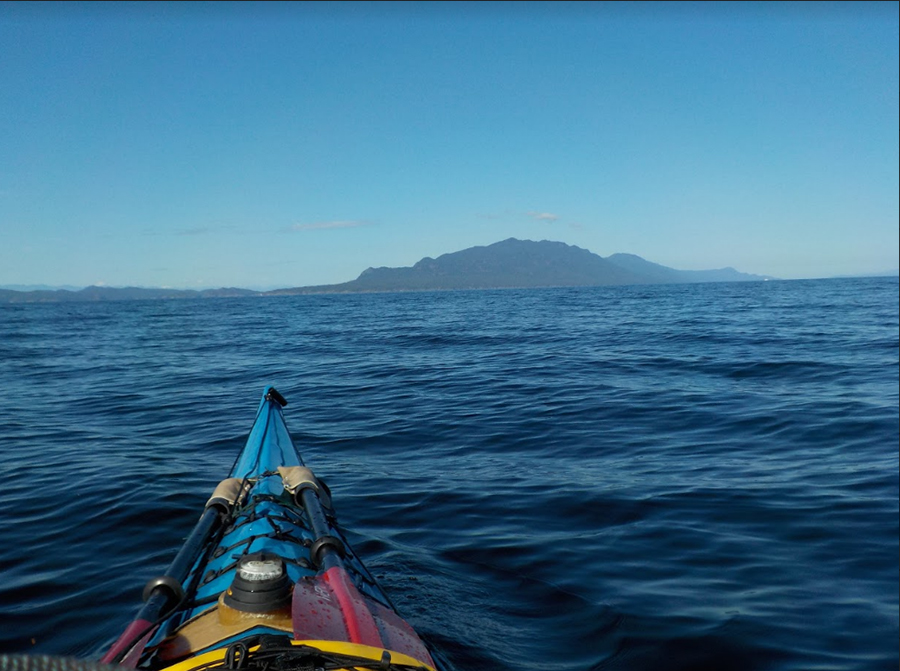Safe and Contiguous Trails
Trails Development
Public Safety
Our Trails Development work enables safe, sustainable and respectful navigation of the coast. It encompasses everything from site assessments and safety mandates to social license over coastal access points. As part of our trail development, we install things like tent platforms, food caches, composting toilets and more. All of this is necessary to keep sites sustainable and is made possible through donations, membership fees and the help of our dedicated volunteers.
We developed a Safety Mandate that aims to establish minimum requirements for ensuring safe passage of a marine trail. The purpose of this mandate is to help identify suitable locations for marine trail sites that meet a minimum safety standard, taking potentially hazardous conditions into account, while highlighting areas where site selection does not meet the minimum standard.
Our Safety Mandate stresses that a distance between campsites of 8NM or less is considered safe! If it’s between 8 and 12NM, safety gaps could be improved. A distance between campsites greater than 12NM is considered unsafe!
*The standard is applicable only for favourable weather conditions and assumes that paddlers possess the necessary skills and experience appropriate for the waters they are traversing.
We started using a heatmap analysis system to identify gaps in the BC Marine Trail Network, which indicate safety concerns as per our Safety Mandate. The heatmap uses three colours: green, yellow, and red. Green indicates that the distance between campsites is 8NM or less, yellow indicates a distance between 8NM and 12NM, and red indicates that the distance between campsites is greater than 12NM.
As we develop and promote a network of marine trails and land sites across the BC Coast, we strongly advocate for- and adopt an approach of engagement, collaboration and partnership when working with First Nations. We are committed to ensuring that our work respects First Nations rights and title, and that Indigenous communities are participants in our efforts to shape sustainable paddling.
Site Assessments are detailed reports on campsites and day use sites that are little- to unknown. These reports help us determine potential new sites and keep existing ones safe and sustainable.
We try to assess as many sites as possible internally, but rely heavily on our community on the water. Reports from individuals extend our ability to build and maintain a safe marine trail network immensely.
A Site Assessment takes about 30 minutes to complete. Check out the report here. Your contribution is greatly appreciated!
Site Condition Reports (SCRs) are short summaries of observations about sites on our map. These are typically submitted by paddlers and other coastal recreationists and indicate where site improvements are needed. SCRs are integral to maintaining safe and sustainable sites.
A Site Condition Report takes about 10 minutes and can be accessed here.



